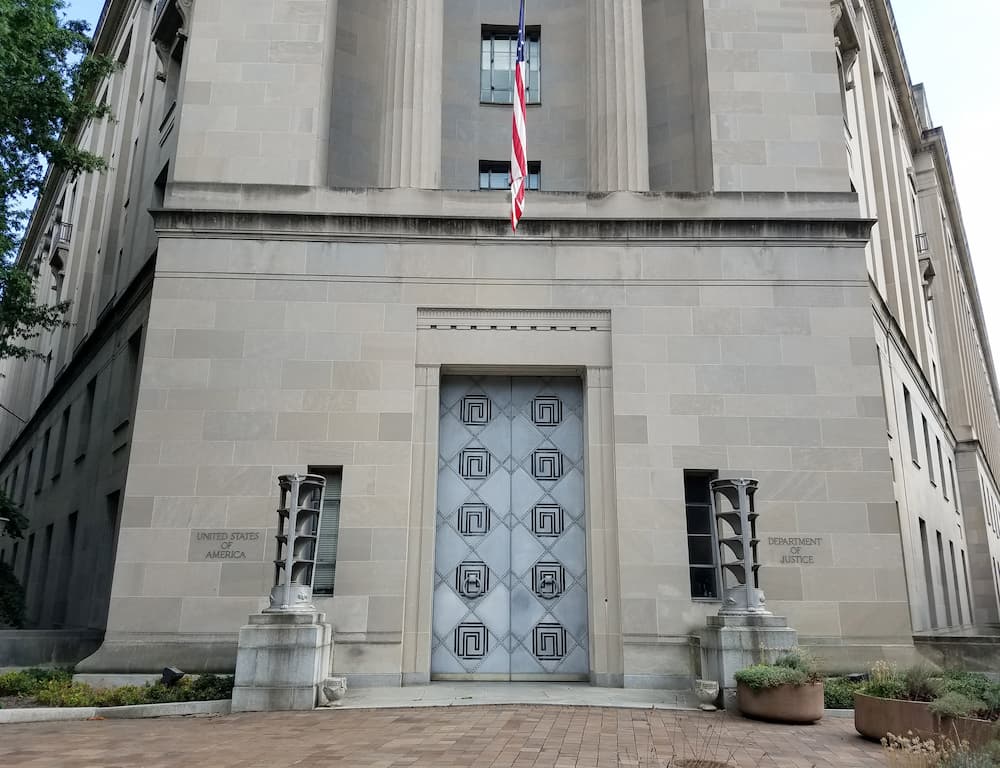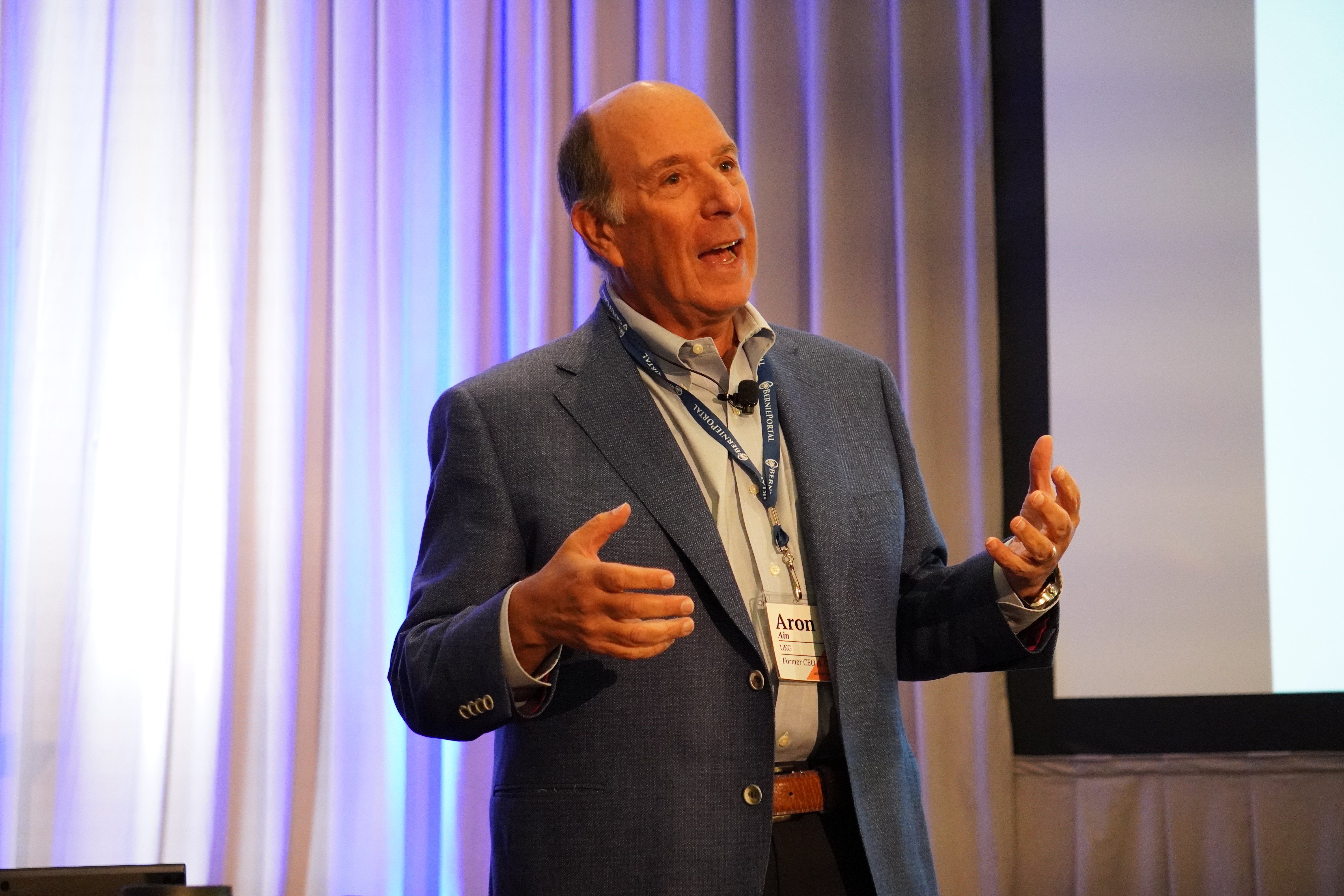Written by
Bretton Chatham
Bretton is an aPHR-certified member of the Marketing Team at Bernard Health. He writes about HR, compliance, and benefits solutions.
DOL Partners with DOJ to Target Anticompetitive Practices

In March, the Department of Labor (DOL) announced a partnership with the Antitrust Division of the Department of Justice (DOJ) to “protect workers from employer collusion, ensure compliance with the labor laws and promote competitive labor markets and worker mobility.”
Here’s what employers need to know about this joint enforcement effort.
Why are the DOL and DOJ Joining Enforcement Efforts?
The DOL’s announcement makes it clear that the partnership “supports the objectives of President Biden’s Executive Order on Promoting Competition in the American Economy,” which was signed in July 2021. The President’s far-reaching executive order focused on seven industries and included 72 initiatives across federal agencies, including the DOL and the DOJ’s Antitrust Division.
The Antitrust Division’s mission is to “promote economic competition through enforcing and providing guidance on antitrust laws and principles,” a goal which often overlaps with the DOL’s.
In fact, the Antitrust Division announced its intentions to pursue criminal charges against employers for wage-fixing agreements as far back as 2016 in guidance for HR professionals. This latest announcement also highlights the DOJ interest in “protecting workers who have been harmed or may be at-risk of being harmed by anticompetitive and unlawful conduct.”
The formalized partnership between the two agencies comes on the heels of the Department of Treasury’s recent report on the state of labor market competition, which highlighted the effect of anticompetitive practices on the wages and opportunities of workers. The DOL-DOJ partnership is designed to address some of the challenges the report brought to light.
In January, the DOL’s Wage and Hour Division announced a similar partnership with the National Labor Relations Board, which targets illegal compensation practices, worker misclassification, and retaliation.
What Does This New DOL-DOJ Partnership Mean for Employers?
While the jurisdictions of the Antitrust Division and the DOL occasionally overlap, neither is required to share information or resources with the other. However, the newly announced partnership formalizes the agencies’ cooperation in a Memorandum of Understanding (MOU).
At the signing, Assistant Attorney General Jonathan Kanter explained, “By cooperating more closely with our colleagues in the Department of Labor, we can share enforcement information, collaborate on new policies, and ensure that workers are protected from collusion and unlawful employer behavior.”
Solicitor of Labor Seema Nanda added, “Through this partnership, we will work together to tackle unlawful behavior that we are seeing across industries – including misclassification and wage fixing.”
The MOU outlines how the agencies will work together to accomplish these goals:
- More intentional coordination in sharing information, in enforcement activity, and in training
- Interagency case referrals of potentially illegal activity
- Better alignment on policy, strategy, and training
For example, the MOU establishes procedures for DOJ personnel to educate DOL representatives about antitrust issues, including ongoing investigations involving information that is not publicly available.
Although the agencies are not legally bound by the MOU, it makes clear their intention to target “illegal agreements to fix wages” and “inappropriate use of noncompete agreements.”
How Can Employers Prepare for Increased DOL and DOJ Enforcement Efforts?
According to Carrie G. Amezcua et al.—attorneys at national law firm Buchanan Ingersoll & Rooney—the interagency partnership formalized in the March MOU will likely lead to increased DOL enforcement of labor law violations and increased DOJ prosecution of anticompetitive labor practices.
Amezcua et al. offers the following advice to employers in preparation of increased enforcement efforts:
- Employers should examine employee relationships to ensure antitrust compliance.
- Employers should consult with an attorney to ensure any employee solicitation or hiring agreements made with competitors, vendors, or other employers cannot be construed as market allocation.
- Employers interacting with the DOL should be aware that the agency may be “on the lookout for potential anticompetitive conduct in the labor market,” which would likely be referred to the Antitrust Division.
Additional Resources
You can stay informed, educated, and up-to-date with important HR topics using BerniePortal’s comprehensive resources:
- BerniePortal Blog—a one-stop-shop for HR industry news
- HR Glossary—featuring the most common HR terms, acronyms, and compliance
- HR Guides—essential pillars, covering an extensive list of comprehensive HR topics
- BernieU—free online HR courses, approved for SHRM and HRCI recertification credit
- HR Party of One—our popular YouTube series and podcast, covering emerging HR trends and enduring HR topics
Written by
Bretton Chatham
Bretton is an aPHR-certified member of the Marketing Team at Bernard Health. He writes about HR, compliance, and benefits solutions.
Related Posts
We just wrapped up another phenomenal Weekdays with Bernie (WWB) Conference!
Employees are the heart and soul of an organization, and valuing their opinions can have...
HR parties of one already have an abundance of tasks to keep up with. From hiring to...
The talent search is no longer a skirmish or a battle. It’s a WAR! As a strategic HR...







Submit a Comment